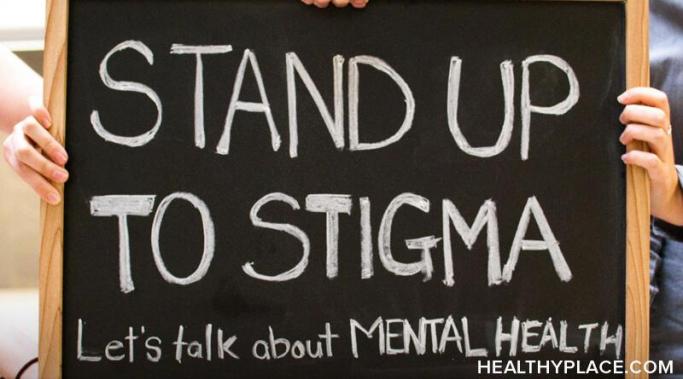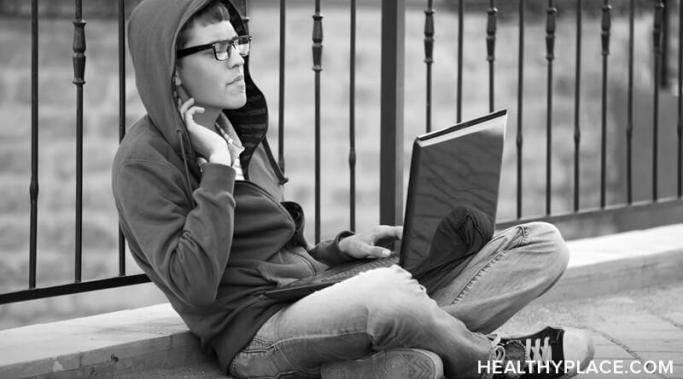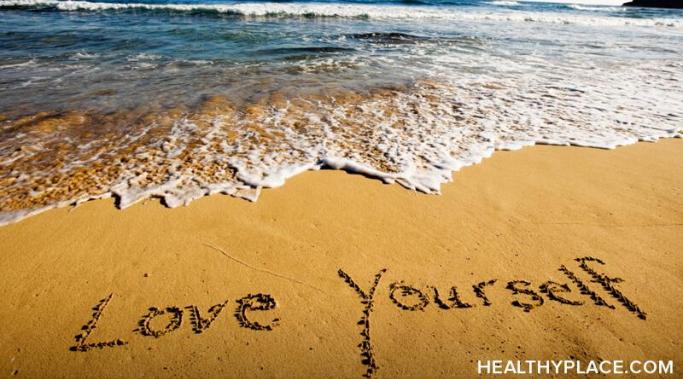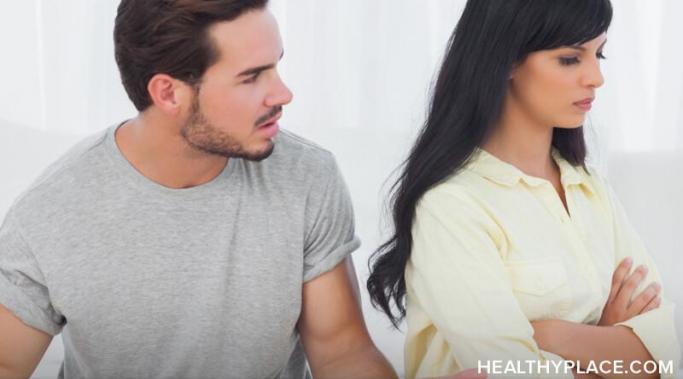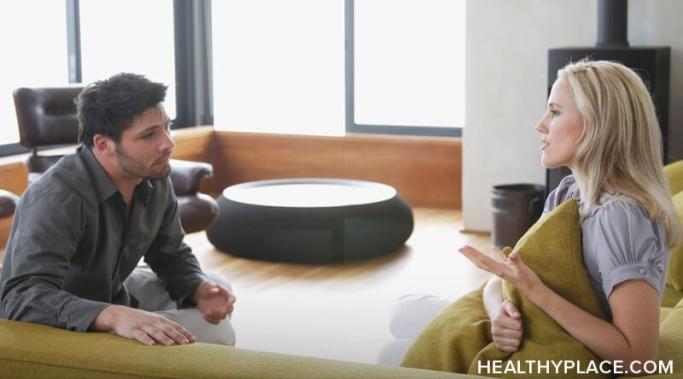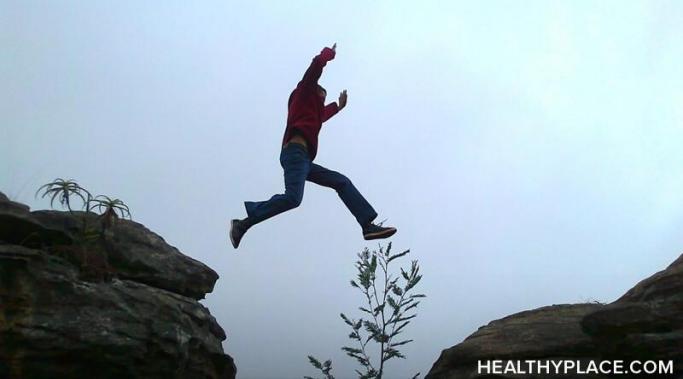Expressing ourselves through poetry helps depression, and, at the same time, it can help eradicate the stigma surrounding depression. Many of us find that it is easier to express our feelings, experiences, and struggles through creative expression than it is to express these things through dialogue or even direct writing. Also, writers have a way of conveying messages through poems that people are able to understand; through poetry, the reader often feels empathy for the writer.
Depression Stigma and Self-Stigma
We should fight depression stigma now because May is Mental Health Awareness Month and the spotlight is on mental health and depression stigma. That means there is a greater opportunity to reach a wider audience about how we can work together to fight the stigma surrounding depression and other mental illnesses. With this in mind, how can we best use the time that we have during the month of May to fight depression stigma?
Depression causes disconnection from ourselves and our loved ones. It often leaves the one diagnosed with depression feeling emotionally detached, while in the process leaving his/her loved ones feeling hurt and confused (Effects of Depression on Family and Friends). There are some warning signs of disconnection in depression that we, as the ones who battle depression, can look for in ourselves; we can also ask our friends and family to help us notice when they appear, too. Once we've learned to recognize the signs of disconnection in depression, we can take steps to start connecting again.
Comparing ourselves to others worsens depression. When I do it, it adds fuel to my negative thoughts and the descent starts there. I have discovered some ways to keep the comparison beast from taking over my mind and my life and therefore worsening my depression.
Many times people say things that make depression worse. These things they say are hurtful or seem insensitive to those of us with depression. Whether intentional or not, it still stings and can even lead us to a major depressive episode. There are still many misconceptions about depression, and one of the reasons I write is so that I can help people learn about and better understand depression and what it really is. One way to do this is by offering suggestions of what to say to someone with depression, which I wrote about in my previous post. Another is to let people know what things they should not say to people who have depression.
Depression makes it difficult to practice self-love, particularly on the darkest of days. When a seemingly simple activity such as getting out of bed is overwhelming, it is hard to think about practicing self-love; however, by doing small things to show ourselves love, nourishing our minds and bodies can be done.
Sometimes people don't know what to say to someone with depression. Those of us with depression typically have family and friends who want to encourage us; however, all too often we find that even well-meaning people end up saying the very things we don't need to hear. When this happens, it can leave both the person who spoke the words and the person to whom they were spoken feeling quite discouraged and possibly angry or upset. While I'd like it if all people could somehow know what to say to someone with depression, that's not realistic. Instead, we need to give them suggestions and guidelines. I've come up with some things that I would like to hear as someone with depression.
What I've learned in life since my suicide attempt almost a year ago, has helped me make a great deal of progress in my depression journey. While major depressive disorder is still a daily battle I face, I now have new weapons in my arsenal which I can use in the war. I'd like to share with you what I've learned about life this year, and how this knowledge has made me stronger.
If you’re facing depression during the holidays, this is an especially trying time. You’re already dealing with so much, and then you need to add in the shopping, decorating, and time spent being social. This year, I’ve decided to plan ahead so that I can be at my best to enjoy this most wonderful time of the year. Keep reading to discover eight tips for facing depression during the holidays.
Negative thoughts and self-talk are the most frequent symptoms of depression I've experienced. Sometimes, it would take one seemingly small comment or event to propel me back down into the despair of an endless cycle of negative thoughts and self-talk from which it could take weeks or sometimes even months to fully recover. I got so tired of other people, situations, and depression having that kind of power over me. I asked my therapist for some depression coping skills and tools that would allow me to be better equipped to fight this battle. And they're working.

